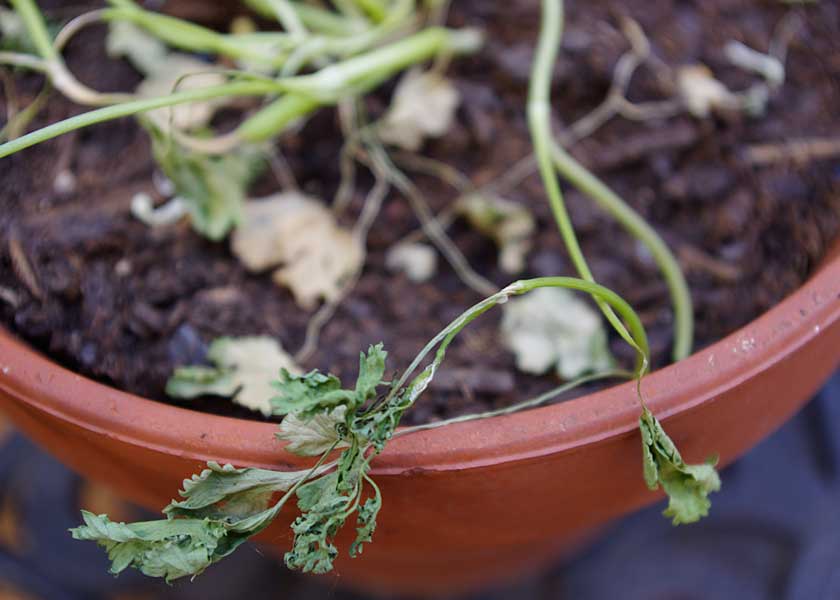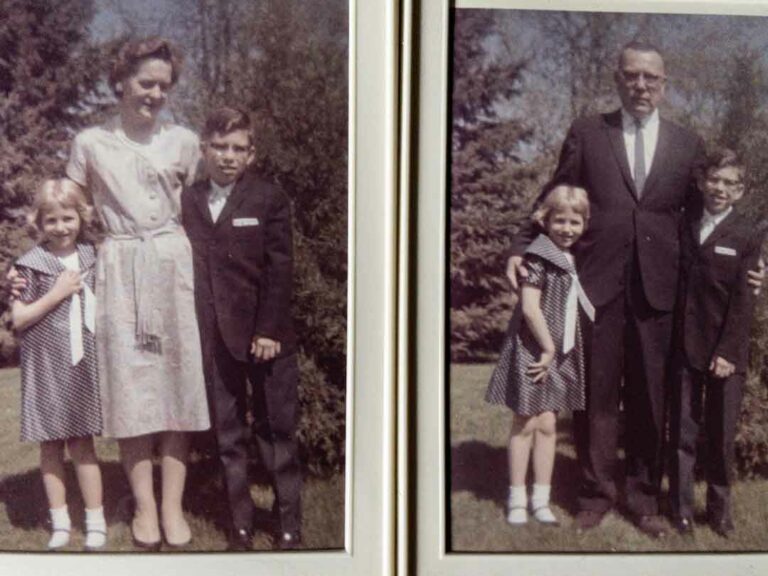I’ve started out writing so many different posts for this week. I’ve judged them too long, too personal, or too heavy. But I’ve decided to commit the crime of all three and hope that some part of this makes sense to someone.
The photos are of wildflowers that I saw while walking in the woods last Saturday. They help me pause and breathe.
*****
I’m working on a piece of a story, trying to write about spousal abuse. As I write, I can hear voices questioning me, “How did you end up with that guy? Couldn’t you tell what he was like? Why didn’t you leave right away? You must have really low self-esteem.”
There’s more of this head-dialogue, but you get the idea.
On the particular day of my life that I’m thinking about, I sat bleeding in the bathroom, muttering over and over, “If he loved me, he wouldn’t do this to me. People who love you don’t do this.”
This statement transposed into, “If I do everything right, he’ll love me and not do this again. If I’m good enough, if I don’t screw things up, he’ll be happy and everything will be okay.”
After a year of trying to do everything right, but what was ‘right’ kept changing, my new mantra was, “If I keep my eyes open, watch for signs of agitation or a slight change in the atmospheric pressure that comes before a storm, I can get away, and he’ll never be able to surprise me and do this again.”
None of those attempts to control my world actually worked.
Did being twenty-nine, married for only one year and having just had my first and last child make it harder to run? Or should it have made me more determined to get out before things got any worse?
Those kinds of questions are a waste of time. It took me three years and the support of an advocate from a women’s shelter to finally leave.
In a chapter of the book, “The Wisdom of Wilderness” by Gerald May, he wrote about a few of the instances of violence he witnessed in nature. One such sighting was of a swan slowly and methodically drowning a duck. The duck was just swimming amongst a group of swans as ducks often do and one swan appeared to have decided to murder him.
Because swans are beautiful and graceful creatures, we do not want to think that they are capable of cruelty. We tell ourselves, “The swan must have had a reason, we just don’t know enough about swans to know what that reason was.”
With people, we do the same thing – we search for the cause of behavior we find abhorrent. The problem is that you can’t ever be sure of what a person is capable of until they do something unimaginable.
As May wrote, “We are so desperate to have reasons for violence that we consider ‘random acts of violence’ or ‘mindless destruction’ as being worse than reasoned, premeditated violence. But think about it—does having a reason really make it better?… It’s understandable that we want reasons: the more we know about something, the more we can predict what’s going to happen, the more in control we can be. And the less vulnerable. The word vulnerable literally means ‘capable of being wounded.’ When it comes to violence, knowledge is like a shield that makes us less ‘woundable.’”
We are so anxious to have a reason for the bad things that happen in the world, that if we can’t find it within the life and mind of the perpetrator, we look at the victim next — what did he/she do to cause this to happen to him/her?
And if we are the victim, and we know and love the person who has hurt us, we also may blame ourselves rather than believe that love is sometimes just not enough.
Abusers can be very romantic. They are like Jekyll and Hyde and often you don’t meet the bad guy until you’ve been with the good guy long enough to marry him. So when the bad guy shows up, you can’t believe it. It must be a fluke! It will certainly never happen again. He promised that it wouldn’t.
When flowers and promises to change don’t work anymore, he may change tactics and promise to hurt you or or your children if you try to leave. Your cat may be thrown against the wall. Your dog may disappear while you’re at work.
There are some women who will get angry and fight back. God bless ‘em.
Other women sink so low, they can barely function and begin to believe everything that happens is their fault. God bless them too.
If someone tells you their story, what do you think and feel? Are you uncomfortable? Do you feel sorry for them? Can you put yourself in their shoes?
Do you say, “That happened a long time ago. Why do you still talk about it?”
Do you think perhaps they are exaggerating? More than likely, they are sparing you the worst of it.
Do you change the subject? Do you say, “But you’re alright now. Just don’t think about it.” (Unfortunately, there are triggers that bring it all back.)
Do you feel angry that someone has made you see something that you didn’t want to think about? Or worse yet, brought back your own memories.
Because this is what women sometimes fear — all of these reactions. That their story is too awful to hear. That they themselves are ruined beyond repair. Damaged in ways so ugly, that no one can ever love them.
You don’t have to do anything or say anything when a story like this is told. Just listen and don’t turn away.
Because if someone does tell you their story, they have honored you with a piece of their deepest self.
They have trusted, when trust can cost dearly. They have placed their heart in your hands.











Good reminder to just listen and be there for someone without giving an opinion.
It is always hard for me to listen quietly..I am a fixer..but after reading what you wrote I will try:)
Maery Rose…this was quite a post. Not turning away is so important!
Just wanted to say that having met you in person I find you amazing-all the more so because you endured, survived, and have continued forward in spite of being betrayed by someone you loved. I admire you so much-there is something so special about you-both tender and strong. Thank you for sharing your heart-that takes tremendous courage. Sending a monster hug! Sue
Thank you Sue. I like the sound of that combination of tender and strong. I hope you’re right.
Thank you for sharing with us and for the advice. Just listen. That I can do.
You are an incredible person.
Thank you. I feel the same way about you when I read your posts.